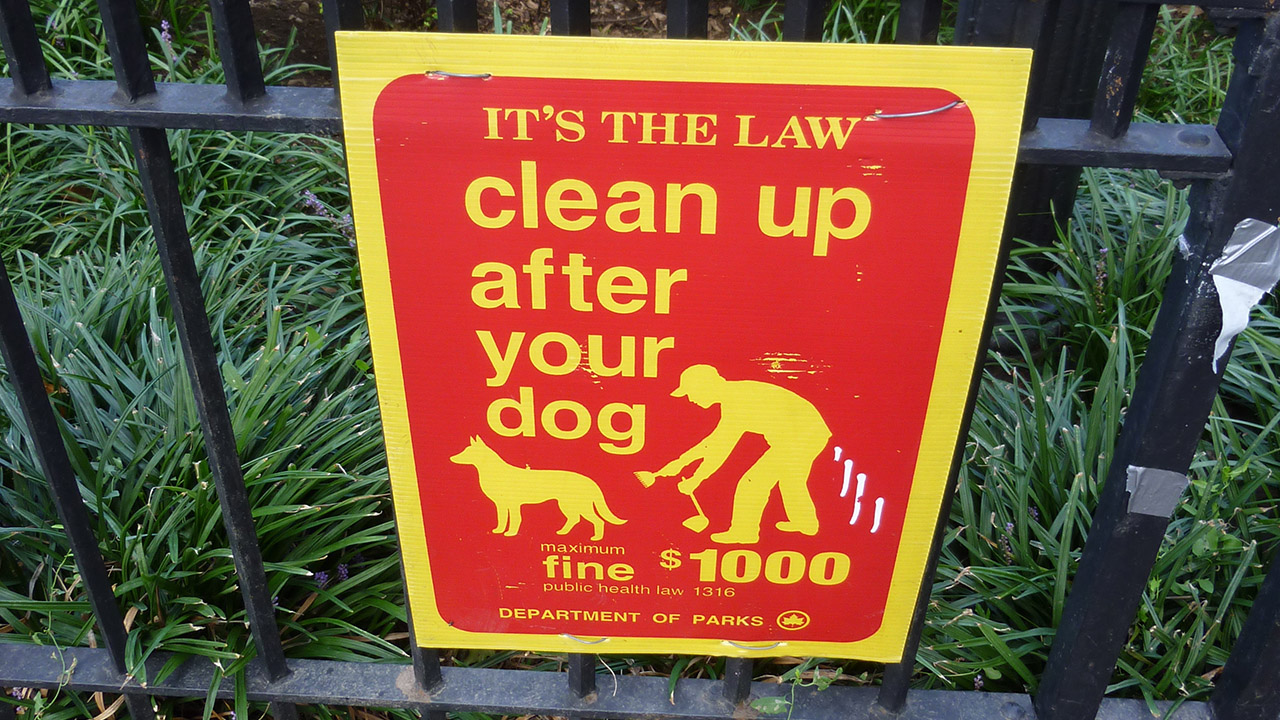A German sociologist who probably doesn’t get along with his neighbors made a pet project out of studying the habits of dog walkers to determine why some people don’t clean up after their dogs. In a study published in the journal Environmental Sociology, too-perfectly-named professor Matthias Gross observed folks walking their dogs in public places at different times during the day, presumably because he lives in a society and just can’t take the piles of scheise all over the place anymore. He found, unsurprisingly, that people are less likely to clean up in the morning, when there are fewer people out and about in parks and public places. As the day progresses and more people are around, more people will cave to social pressure and clean up after their pets. In fact, even the maniacs who didn’t pick up the crap in the morning did in the afternoon.
Gross conducted this study because he couldn’t fathom why, in the a Western country with health standards, people would be okay with shit landmines everywhere:
Why it is that human waste is banished from sight and smell while canine fecal waste is permitted – or at least tolerated – in many highly ‘sanitized’ societies, particularly in public spaces such as urban parks and sidewalks. Although birds, rabbits, cats or other animals also defecate in public, these are normally not walked to a public place or even other people’s property for the sole reason to do just that: poop.
He basically concludes that people have blind spots toward their dogs because they love them. “These humans, they have what is called ‘love,’ and it causes them to behave irrationally,” he doesn’t write, but he kinda does.
It’s also worth noting that grabbing a handful of fresh dog poop is gross, even if it’s in a bag, so if doing so can be avoided, it will be.
(Photo: Edo)



